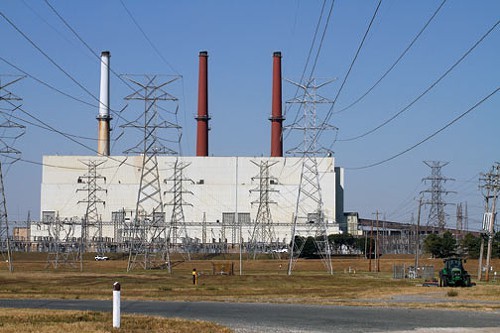The Memphis Area Transit Authority (MATA) began reducing bus fares for all Shelby County School students on August 8th, the first day of classes.
“It is important that we are able to help parents send their children off to school at a reduced cost and improve their access to public transportation,” said Ron Garrison, CEO of MATA.
The annual reduced student fare is $1.35 per one-way bus trip. Students may also purchase daily passes ($2.75), seven-day passes ($13), or a month-long ($40) MATA FastPass unlimited ride card.
Students must present a MATA identification card with their name, school, age, and photo to receive a discounted fare when boarding the bus. MATA advises students to bring two forms of identification and $3 to the William Hudson Transit Center at 444 N. Main Street to purchase an identification card. Students who bring a parent only need one form of identification. State or school identification cards, birth certificates, insurance cards, Social Security cards, or report cards qualify.
The transit authority will provide identification cards Monday through Friday from 9 a.m. to 5:30 p.m., and on Saturday from 9 a.m. to 3:30 p.m. until September 30th. Following that date, MATA will provide identification cards Mondays through Fridays from 1 to 5 p.m., and from 9 a.m. to 3:30 p.m on Saturdays.
“MATA is pleased to continue to offer reduced bus passes for students to ride,” Garrison said.

MATA lowers fares for students.
Memphis Light, Gas and Water (MLGW) will ease its deferred billing rules through August to prevent customers with high bills from having their utilities disconnected.
“The major benefit is, during these extreme temperatures, MLGW has a payment plan that will offset our customers from having their services disconnected for non-payment,” said Gale Jones Carson, MLGW’s director of corporate communications. “If you can’t pay the total amount, we’ll work with you during these temperatures.”
Customers eligible for the loosened billing rules must have a bill that exceeds at least $250. They will pay 25 percent of the owed amount or $250, whichever is less, and the remainder will go on a payment plan that lasts up to five months. Should the deferred billing payment surpass a monthly $500 balance, customers may establish a payment plan for up to nine months. A current and approved residential service agreement must be filed before making an arrangement. Customers who qualify can bring two forms of identification to any of MLGW’s five community centers.
“Normally, customers only have three months to pay they bill, and the balance has to be a minimum of $500,” Carson said.
The relaxed deferred billing rules are different from MLGW’s weather-related moratorium policy. That policy states they won’t disconnect services for residential customers due to non-payment under the following conditions: The forecast wind chill factor will be 32 degrees Fahrenheit or below freezing for 24 hours or longer. The forecast heat index will be 100 degrees Fahrenheit or above at any time during a 24-hour period. The forecast heat index will be 95 degrees Fahrenheit or above at any time in a 24-hour period for customers 60 years or older, physically challenged, or customers dependent on life-support.
“We do this every year when the weather gets extremely cold or extremely hot,” Carson said. “We do this to help customers avoid having their services disconnected for non-payment. When the weather gets extreme, we focus on not cutting services off.”


